IL-6
How to submit an article:
- Registered users can submit any published journal article that has a unique DOI (Digital Object Identifier) name or link to Research Hub.
- For example, you can paste the full DOI link:
https://doi.org/10.1109/5.771073or just the DOI name:10.1109/5.771073into the field above and click submit. - The person who is first to submit a valid article to Research Hub will forever be credited for it, and every article submission earns you +6 Research Points.
Also known as: Interleukin-6
Related Topics
Published research studies are articles that present the findings of original research that has undergone a peer-review process and has been made publicly available in scholarly journals, books or other media.

A systematic review and meta-analysis of almond effect on C-reactive protein and interleukin-6 in adults
2023 Mar Complementary Therapies in Medicine Hariri M, Amirkalali B, Baradaran HR, Gholami A
Systematic Review Meta-Analysis CRP Almond IL-6Almond consumption can significantly reduce the serum concentration of the inflammatory mediator, Interleukin-6, in adults but no significant effect is found on C-reactive protein.
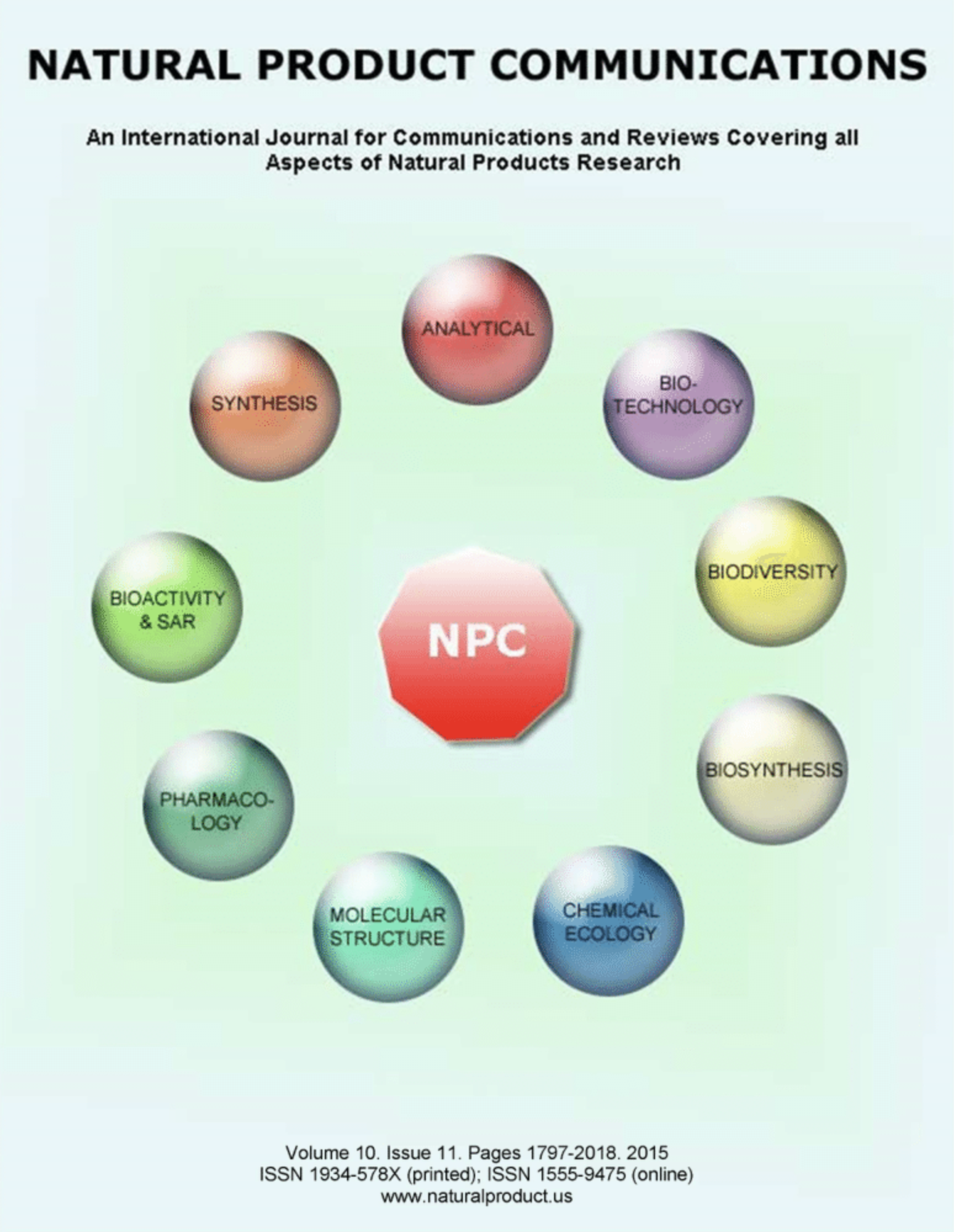
Identification of Taohong Siwu Decoction in Treating Chronic Glomerulonephritis Using Network Pharmacology and Molecular Docking
2022 Nov Natural Product Communications Du G, Qu X, Hu J, Zhang Y, Cai Y
The molecular mechanism of Taohong Siwu Decoction (THSWD) in the treatment of chronic glomerulonephritis (CGN) from the perspective of network pharmacology are components such as beta-sitosterol, kaempferol, and quercetin and key action targets such as TNF, IL-6, AKT1 protein kinase, and MAPK14 protein kinase play a synergistic role in autoimmune, infection, and inflammatory response-related pathways.
Network Pharmacology Chronic GlomerulonephritisNetwork Pharmacology and Molecular Docking Analysis Explores the Mechanisms of Cordyceps sinensis in the Treatment of Oral Lichen Planus
2022 Aug 29 Journal of Oncology Ma H, Wang G, Guo X, Yao Y, Li C, Li X, et al.
Cordyceps sinensis contains multiple active compounds targeting key proteins such as TNF, IL-6, CD4, EGFR, and IL1B, regulating the PI3K-Akt and MAPK signaling pathways, and participating in biological processes like apoptosis, T cell activation, and oxidative stress, suggesting its potential as a crucial therapy for OLP.
Network Pharmacology Oral Lichen Planus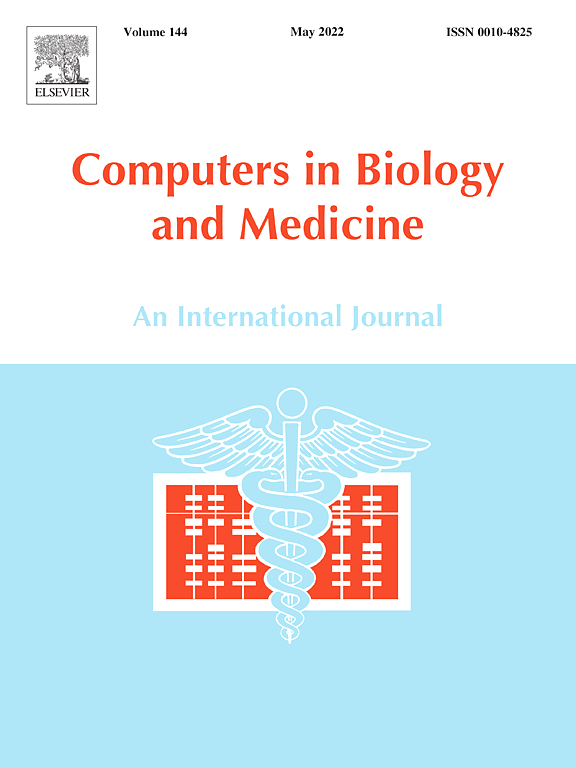
Clinical data mining reveals Gancao-Banxia as a potential herbal pair against moderate COVID‐19 by dual binding to IL-6/STAT3
2022 Jun Computers in Biology and Medicine Luo W, Ding R, Guo X, Zhan T, Tang T, Fan R, et al.
This work provided some potential candidate Chinese medicine formulas for moderate COVID-19. Among them, Gancao-Banxia was considered the most potential herbal pair with strong bioinformatics suggesting resistance against COVID. SARS-CoV-2 models will be needed to validate this possibility in the future.
Meta-Analysis Gan Cao COVID-19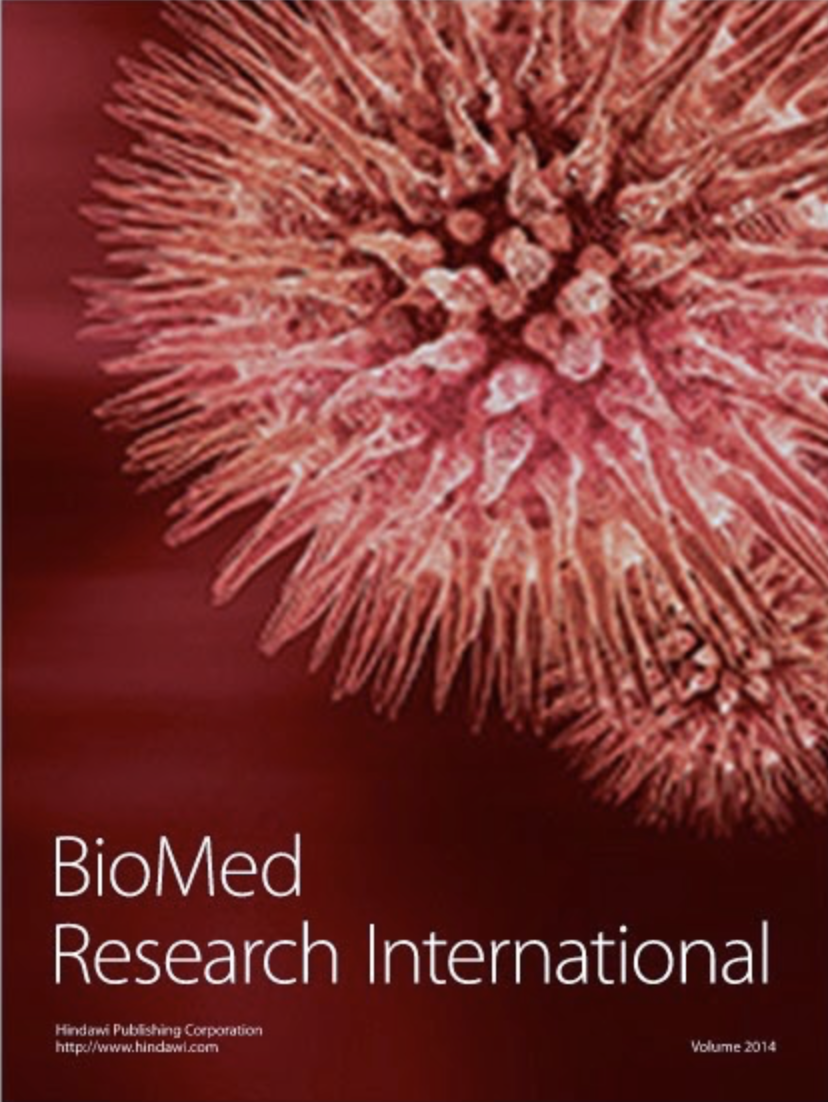
Study the Mechanism of Gualou Niubang Decoction in Treating Plasma Cell Mastitis Based on Network Pharmacology and Molecular Docking
2022 Jun 15 BioMed Research International Wu Z, Yang Q, Ma H
The study identified 164 ingredients and 58 intersection targets in GLNBD's treatment of PCM. Four key active compounds (quercetin, luteolin, fisetin, kaempferol) and four key proteins (ALB, EGFR, IL-6, VEGFA) were identified. Enrichment analysis revealed associations with negative regulation of apoptosis, response to hypoxia, positive regulation of transcription, and DNA-templated, with related pathways involving the pathway in cancer, phosphatidylinositol 3-kinase (PI3K) Akt signaling pathway, and AGE-RAGE signaling pathway in diabetic complications. Molecular docking validated stable binding activities between key target genes and essential active compounds, suggesting their potential role in modulating relevant pathways.
Network Pharmacology Gua Lou Niu Bang DecoctionResearch insights are moderated by the Research Hub team and offer an at-a-glance overview of interesting research findings.

2023 Complementary Therapies in Medicine
Almond consumption can significantly reduce the serum concentration of the inflammatory mediator, Interleukin-6, in adults but no significant effect is found on C-reactive protein.
Systematic Review Almond CRP
A systematic review and meta-analysis of almond effect on C-reactive protein and interleukin-6 in adults
Hariri M, Amirkalali B, Baradaran HR, Gholami A
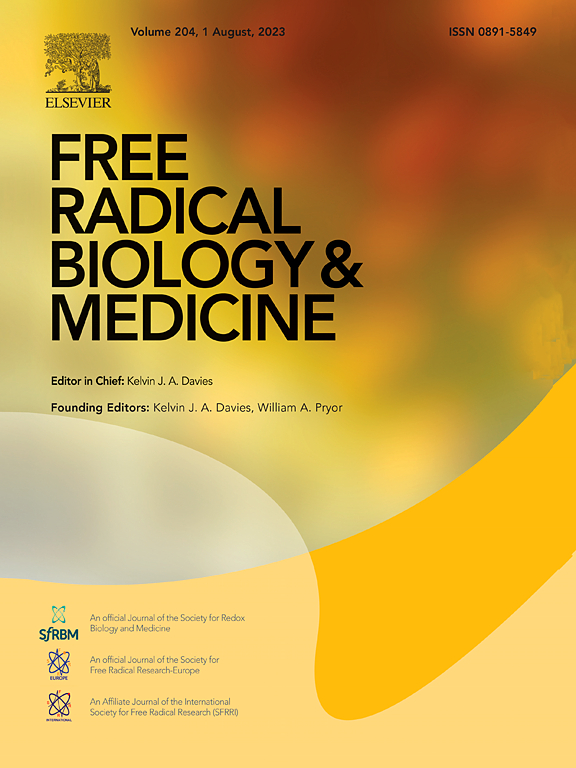
2021 Free Radical Biology and Medicine
Black pepper and its major component, piperine, can effectively regulate anemia of inflammation by reducing the overexpression of hepcidin, a hormone that controls iron levels.
Experimental Study Anaemia Black Pepper Hepcidin
Black pepper prevents anemia of inflammation by inhibiting hepcidin over-expression through BMP6-SMAD1/ IL6-STAT3 signaling pathway
Banerjee S, Katiyar P, Kumar L, Kumar V, Saini SS, Krishnan V, et al.
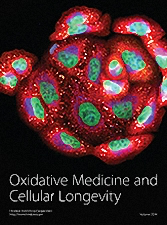
2021 Oxidative Medicine and Cellular Longevity
Dandelion polysaccharide (DP) can potentially reduce iron overload in hepatocellular carcinoma (HCC) by downregulating hepcidin levels and inhibiting the IL-6-activated JAK-STAT signaling pathway.
Experimental Study Dandelion Hepcidin
The Effects of Dandelion Polysaccharides on Iron Metabolism by Regulating Hepcidin via JAK/STAT Signaling Pathway
Ren F, Yang Y, Wu K, Zhao T, Shi Y, Song M, et al.

2021 Phytomedicine
The study reveals that pomegranate juice does not significantly affect vascular adhesion factors, but can effectively reduce the inflammatory marker, interleukin-6.
Meta-Analysis Pomegranate
Effect of pomegranate juice on vascular adhesion factors: A systematic review and meta-analysis
Asgary S, Karimi R, Joshi T, Kilpatrick KL, Moradi S, Samimi Z, et al.
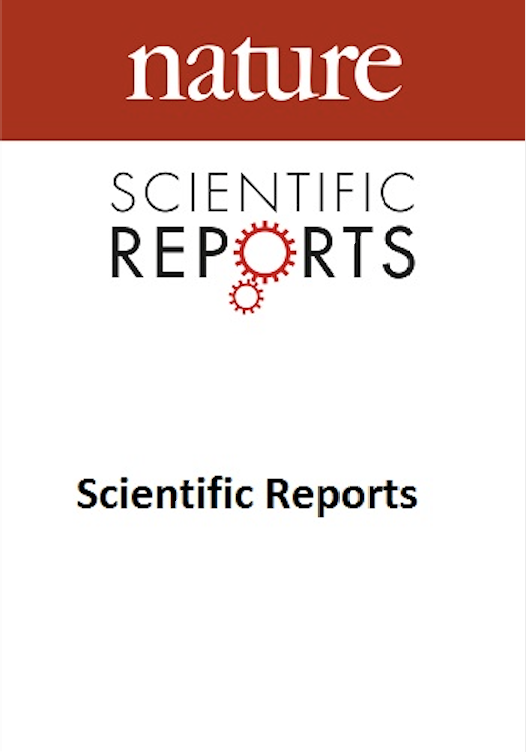
2020 Scientific Reports
Mu Dan Pi (MDP) and its water extract may serve as potential treatment options for inflammatory bowel disease.
Experimental Study Inflammatory Bowel Disease Mu Dan Pi
A systematic identification of anti-inflammatory active components derived from Mu Dan Pi and their applications in inflammatory bowel disease
Chen TF, Hsu JT, Wu KC, Hsiao CF, Lin JA, Cheng YH, et al.
Review Articles
Review articles summarise and critically evaluate the current state of research on a specific topic or field by synthesising multiple primary research studies.

A systematic review and meta-analysis of almond effect on C-reactive protein and interleukin-6 in adults
2023 Mar Complementary Therapies in Medicine Hariri M, Amirkalali B, Baradaran HR, Gholami A
Systematic Review Meta-Analysis CRP Almond IL-6Almond consumption can significantly reduce the serum concentration of the inflammatory mediator, Interleukin-6, in adults but no significant effect is found on C-reactive protein.
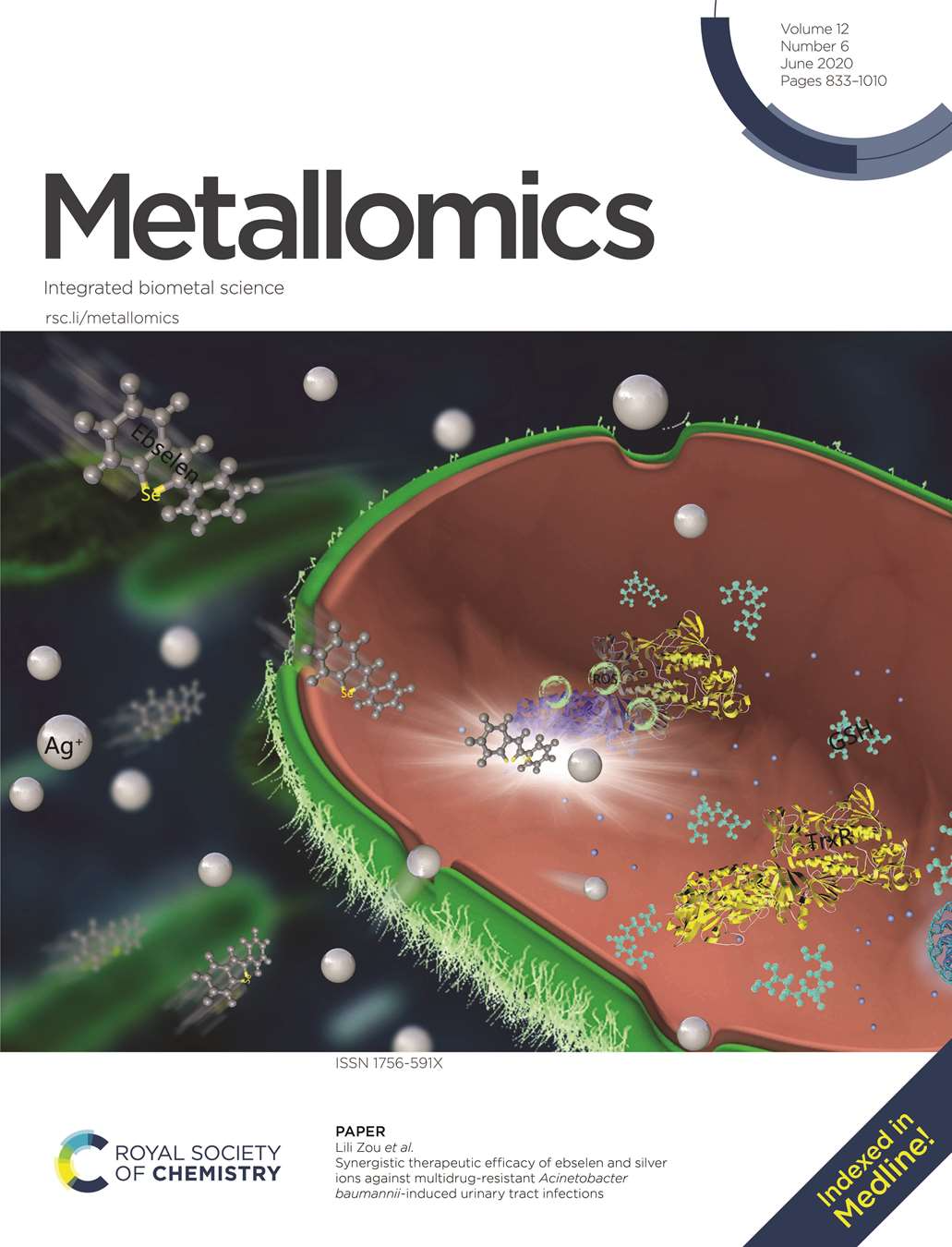
Optimal serum ferritin level range: iron status measure and inflammatory biomarker
2021 May 28 Metallomics DePalma RG, Hayes VW, O'Leary TJ
The report concludes that elevated serum ferritin levels, particularly in conjunction with increased interleukin 6 (IL-6) levels, are associated with higher mortality, but reduced mortality is observed at ferritin levels below 100 ng mL−1. The study proposes optimal ferritin levels for cardiovascular mortality reduction ranging from 20 to 100 ng mL−1, with % transferrin levels from 20 to 50%, and suggests that ferritin levels above 194 ng mL−1 are associated with all-cause mortality in population cohorts.
Review Article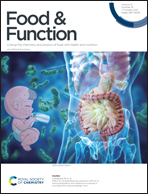
The effects of low-ratio n-6/n-3 PUFA on biomarkers of inflammation: a systematic review and meta-analysis
2021 Jan Food & Function Wei Y, Meng Y, Li N, Wang Q, Chen L
Low-ratio n-6/n-3 PUFA supplementation significantly decreases the concentration of serum TNF-α and IL-6, but does not have a significant effect on CRP concentration.
Systematic Review Meta-Analysis Inflammation
Effect of pomegranate juice on vascular adhesion factors: A systematic review and meta-analysis
2021 Jan Phytomedicine Asgary S, Karimi R, Joshi T, Kilpatrick KL, Moradi S, Samimi Z, et al.
Meta-Analysis Systematic Review Pomegranate IL-6The study reveals that pomegranate juice does not significantly affect vascular adhesion factors, but can effectively reduce the inflammatory marker, interleukin-6.

The effects of pomegranate supplementation on biomarkers of inflammation and endothelial dysfunction: A meta-analysis and systematic review
2020 Mar Complementary Therapies in Medicine Wang P, Zhang Q, Hou H, Liu Z, Wang L, Rasekhmagham R, et al.
Meta-Analysis Systematic Review Endothelial Dysfunction Inflammation PomegranatePomegranate juice supplementation notably diminishes inflammation and vascular dysfunction markers in adults, offering potential cardiovascular health benefits.
Clinical Trials
Clinical trials are research studies that involve people and are conducted to evaluate the safety and efficacy of new treatments or interventions, such as drugs, medical devices, or behavioural therapies.
Study Protocols
Published study protocols are detailed plans that outline the objectives, methodology, statistical analyses, and organisation of a research study that have been made publicly available for others to review and use as a reference.
Presentation Slides

Systematic Review
Almond consumption can significantly reduce the serum concentration of the inflammatory mediator, Interleukin-6, in adults but no significant effect is found on C-reactive protein.
Hariri M, Amirkalali B, Baradaran HR, Gholami A

Experimental Study
Black pepper and its major component, piperine, can effectively regulate anemia of inflammation by reducing the overexpression of hepcidin, a hormone that controls iron levels.
Banerjee S, Katiyar P, Kumar L, Kumar V, Saini SS, Krishnan V, Sircar D, Roy P

Experimental Study
Dandelion polysaccharide (DP) can potentially reduce iron overload in hepatocellular carcinoma (HCC) by downregulating hepcidin levels and inhibiting the IL-6-activated JAK-STAT signaling pathway.
Ren F, Yang Y, Wu K, Zhao T, Shi Y, Song M, Li J

Meta-Analysis
The study reveals that pomegranate juice does not significantly affect vascular adhesion factors, but can effectively reduce the inflammatory marker, interleukin-6.
Asgary S, Karimi R, Joshi T, Kilpatrick KL, Moradi S, Samimi Z, Mohammadi E, Farzaei MH, Bishayee A

Experimental Study
Mu Dan Pi (MDP) and its water extract may serve as potential treatment options for inflammatory bowel disease.
Chen TF, Hsu JT, Wu KC, Hsiao CF, Lin JA, Cheng YH, Liu YH, Lee DY, Chang HH, Cho DY, Hsu JL

Meta-Analysis
Pomegranate juice supplementation notably diminishes inflammation and vascular dysfunction markers in adults, offering potential cardiovascular health benefits.
Wang P, Zhang Q, Hou H, Liu Z, Wang L, Rasekhmagham R, Kord-Varkaneh H, Santos HO, Yao G
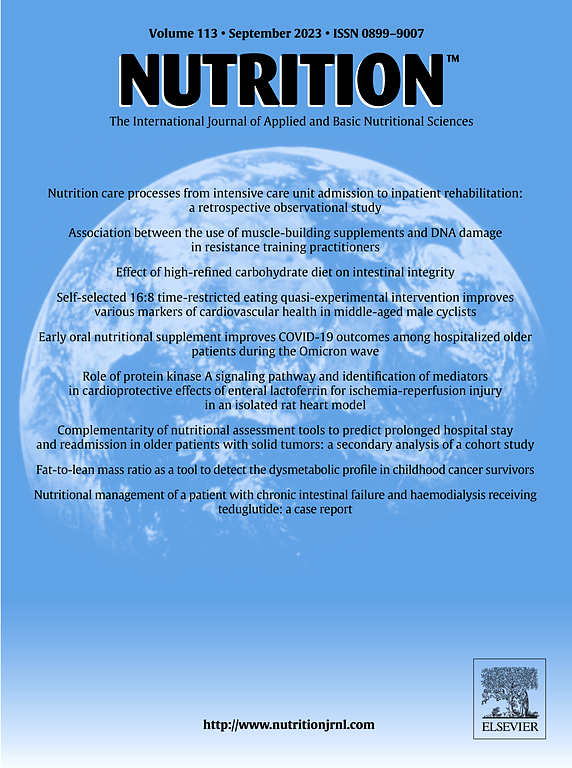
Systematic Review
Regular dietary intake of olive oil reduces the levels of certain inflammation markers, making it a beneficial alternative dietary fat, especially for managing IL-6.
Fernandes J, Fialho M, Santos R, Peixoto-Plácido C, Madeira T, Sousa-Santos N, Virgolino A, Santos O, Vaz Carneiro A
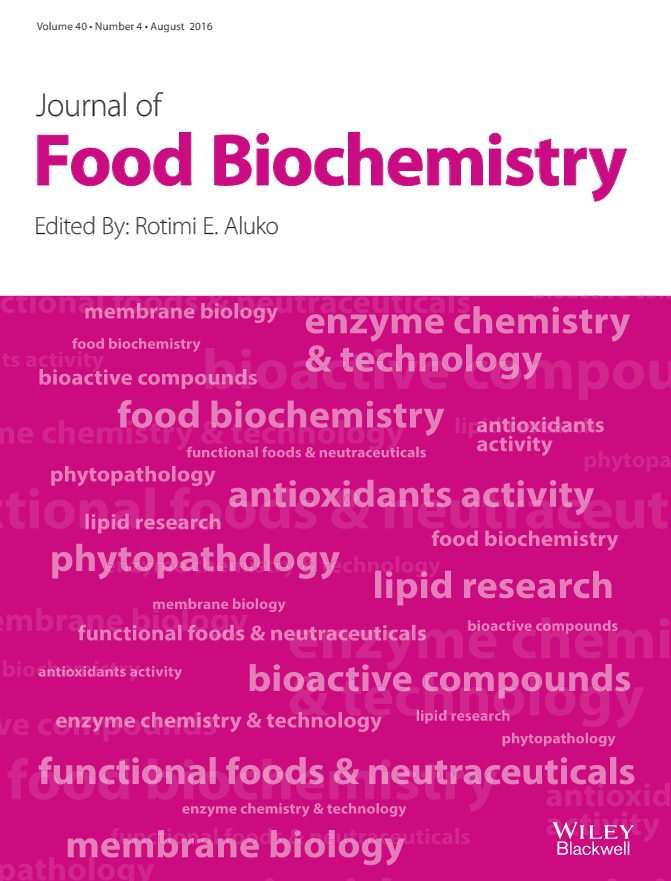
Animal Study
Pomegranate rind extract has been found to decrease pain and inflammation, suggesting it could contribute to treating rheumatoid arthritis.
Karwasra R, Singh S, Sharma D, Sharma S, Sharma N, Khanna K

Experimental Study
Coffee consumption, particularly caffeinated coffee, predominantly exhibits anti-inflammatory effects, contrasting with caffeine's complex impact on inflammation.
Paiva CLRS, Beserra BTS, Reis CEG, Dorea JG, Da Costa THM, Amato AA

Experimental Study
Angelica Sinensis polysaccharide treatment has been found to effectively alleviate anaemia of chronic disease in rats by inhibiting inflammatory pathways and mobilizing iron.
Wang K, Wu J, Cheng F, Huang X, Zeng F, Zhang Y

Experimental Study
Astragalus Polysaccharide (APS) can potentially be used as a treatment for iron overload in thalassemia patients by promoting the production of hepcidin.
Ren F, Qian XH, Qian XL
Executive Summary
Write an executive summary in the form of a blog article on the topic of "Research into Chinese medicine treatment for IL-6" summarising the research below and using language that can be easily understood by patients and avoiding medical jargon using a professional and caring tone of voice.
Write an executive summary in the form of a blog article on the topic of "Researched Chinese medicine treatments for IL-6" summarising the research below in an objective and easy to understand way, and using language that can be easily understood by patients. Group the article into Chinese medicine treatments first, followed by nutrition and other treatments. Avoid using medical jargon and use a professional and caring tone of voice.
Write me a concise but easy to understand executive summary on the topic of "Chinese medicine treatments for IL-6" based on the following research that I will give you. Your summary should be 2 paragraphs long in Australian English spelling and include references to the studies.
A Systematic Review published in 2023 in the journal Complementary Therapies in Medicine found that Almond consumption can significantly reduce the serum concentration of the inflammatory mediator, Interleukin-6, in adults but no significant effect is found on C-reactive protein. The methodology of this study involved running an electronic search for English-language studies across several databases such as Web of Science, PubMed, SCOPUS, ClinicalTrials.gov, and Cochrane library without any time restrictions. The effect sizes on serum concentration of C-reactive protein (CRP) and Interleukin-6 (IL-6) were calculated based on the mean changes of both intervention and control groups. Assessment of the overall effects and their heterogeneity was done using the DerSimonian and Laird random-effects model. To examine the statistical heterogeneity, Cochran's Q test and I-squared statistic were utilized. With respect to the results, among the eleven studies involved, it was observed that almond consumption did not significantly affect serum CRP level. However, a significant decrease in serum IL-6 level was reported with almond consumption. Thus, reflecting the beneficial effects of almonds with regard to reducing the serum concentration of IL-6. The results derived for serum CRP were not substantial enough to be considered significant.
A Experimental Study published in 2021 in the journal Free Radical Biology and Medicine found that Black pepper and its major component, piperine, can effectively regulate anemia of inflammation by reducing the overexpression of hepcidin, a hormone that controls iron levels. The study involves a two-tier investigation, first in vitro, and then in vivo. In the laboratory, different black pepper extracts were interacted with a human liver cell line known as HepG2, and the one derived from methanol (BPME) showed the most promising result because it reduced the transcription of the hepcidin gene significantly. In addition to BPME, piperine was proven to almost entirely suppress hepcidin protein expression at specific concentrations. In the subsequent in vivo experimentation, live mice were artificially induced with an elevated level of hepcidin through oil of turpentine injections. Then they were administered with BPME and piperine, the effects of which significantly reduced the enhanced hepcidin expression. The molecular interaction studies further suggest that piperine directly binds with SMAD1 and STAT3 proteins, the critical factors behind the overexpression of hepcidin. The study found a demonstrable downregulation in hepcidin expression with the use of both the methanol extract of black pepper and the bioactive alkaloid piperine. These substances also interacted with some proteins to lower the overexpression of hepcidin initiated by inflammation. Additionally, there was a noticeable increase in iron bioavailability in the liver of treated test animals, pointing to the potential of these compounds to rectify anemia of inflammation. The findings posited black pepper as a possible therapeutic option for managing this anemic condition.
A Experimental Study published in 2021 in the journal Oxidative Medicine and Cellular Longevity found that Dandelion polysaccharide (DP) can potentially reduce iron overload in hepatocellular carcinoma (HCC) by downregulating hepcidin levels and inhibiting the IL-6-activated JAK-STAT signaling pathway. In the study, researchers focused on clarifying the effects of dandelion polysaccharide (DP) on iron metabolism and the mechanisms underlying these effects. The basis of their study was earlier findings that indicated a correlation between iron overload and the risk of hepatocellular carcinoma (HCC), conditions that their previous studies showed could be managed with DP through causing cell cycle arrest and inhibiting the PI3K/AKT/mTOR pathway. To get their results, researchers used RNA sequencing and western blot testing on hepatoma cells and grafted tumors subjected to DP treatment. The results of the mentioned testing methods showed that DP could lower the iron burden in hepatoma cells. It was further discovered that DP had the ability influence hepcidin, a significant regulator in iron metabolism, expression levels. Hepcidin was found in higher levels in HCC tumor tissues compared to adjacent non-tumor tissues. But, with DP treatment, expression of hepcidin was downregulated in both hepatoma cells and the liver of the mouse model used. These findings led to the conclusion that the DP was effective in inhibiting the IL-6-activated JAK-STAT signaling pathway.
A Meta-Analysis published in 2021 in the journal Phytomedicine found that The study reveals that pomegranate juice does not significantly affect vascular adhesion factors, but can effectively reduce the inflammatory marker, interleukin-6. In order to evaluate the role of pomegranate in endothelial dysfunction, databases including PubMed, Scopus, Web of Science, Cochrane, and Google Scholar were utilized up until July 2020. Relevant studies were chosen that examined pomegranate's impacts on vascular adhesion factors, namely intercellular adhesion molecule 1, vascular cell adhesion molecule 1, E-selectin, and interleukin-6. Computational tools were used to analyse this large data set. The results demonstrated that human studies showed no significant effects of pomegranate juice on intercellular adhesion molecule 1, vascular cell adhesion molecule 1, and E-selectin compared to the control group. However, results revealed that pomegranate juice could significantly lower interleukin-6. Despite the absence of significant impacts on vascular adhesion factors, the notable reduction of interleukin-6 suggests the potential of pomegranate juice in treating endothelial dysfunction-related conditions such as cardiovascular diseases.
A Experimental Study published in 2020 in the journal Scientific Reports found that Mu Dan Pi (MDP) and its water extract may serve as potential treatment options for inflammatory bowel disease. In the study, the anti-inflammatory impacts of Mu Dan Pi and its primary active compounds on inflammatory bowel disease were assessed systematically. Screening was done via NF-κB and interferon regulatory factor reporter assays in THP-1 cells, stimulated with particular gene activators. This process was later verified in bone marrow-derived macrophages. The water extract of Mu Dan Pi considerably hindered the activation of NF-κB and IRF reporters, modifying downstream signaling pathways and decreasing the production of IL-6 and TNF-α, based on dosage. In subsequent observations, among the five known active components identified within Mu Dan Pi, one component known as PGG distinguished itself as the most effective at inhibiting reporters and reducing IL-6 and TNF-α. On a clinical application level, both MDP powder and its water extract mitigated colitis and pathological changes in mice, although PGG did not present any significant reduction. This suggests that the anti-inflammatory qualities of Mu Dan Pi may hold therapeutic potential for inflammatory bowel disease.
A Meta-Analysis published in 2020 in the journal Complementary Therapies in Medicine found that Pomegranate juice supplementation notably diminishes inflammation and vascular dysfunction markers in adults, offering potential cardiovascular health benefits. The research used a broad approach, systematically reviewing and performing a meta-analysis of 16 randomised controlled trials including 572 participants, as per the Preferred Items for Reporting of Systematic Reviews and Meta-Analyses guidelines. Relevant articles and references were found via the PubMed/Medline and SCOPUS databases, with screening carried out up until May 2019. The studies explored the impact of pomegranate juice supplements. The discussion reveals that pomegranate supplementation conspicuously reduced the levels of certain pro-inflammatory and vascular dysfunction markers. However, the research found no significant reduction in some other markers when compared to a placebo. Despite not all markers recording significant reduction, the overall findings strongly suggest pomegranate supplements as a viable tactic for reducing inflammation in adults, potentially offering cardiovascular health advantages.
A Systematic Review published in 2020 in the journal Nutrition found that Regular dietary intake of olive oil reduces the levels of certain inflammation markers, making it a beneficial alternative dietary fat, especially for managing IL-6. The methodology of this review involved summarising data from randomized controlled trials to investigate the impact of regular dietary intake of olive oil on three specific inflammatory markers: C-reactive protein, interleukin-6, and tumor necrosis factor-alpha. These studies looked at how regular usage of olive oil as part of the diet can affect these markers and provide benefits to individuals who implement it in their dietary routine. The trials focused primarily on the Mediterranean diet, which is known for its high usage of olive oil as a main fat source. The results indicate that olive oil, when consumed on a consistent basis, can reduce the levels of inflammatory markers. It has been observed to be particularly effective in managing levels of interleukin-6. The results obtained from the review of these trials suggest that olive oil can indeed be a beneficial supplement to diet with potential impacts on managing inflammation and related diseases. They hint at potential effectiveness of olive oil as a nutritious factor in mitigating the adverse impacts of a diet high in unhealthy fats, by providing it as a healthier alternative.
A Animal Study published in 2019 in the journal Journal of Food Biochemistry found that Pomegranate rind extract has been found to decrease pain and inflammation, suggesting it could contribute to treating rheumatoid arthritis. The researchers tested the effects of various doses of pomegranate rind extract on Wistar rats within established models of pain and inflammation, such as eddy's hot plate-induced algesia, carrageenan, and Complete Freund's adjuvant-induced models. Indomethacin was also evaluated for comparison. Researchers used bioactive compounds such as phenolics and flavanoids, both of which are known for their potent antioxidant activity. The results observed showed that a dose of 200 mg/kg of pomegranate led to a clear reduction in paw swelling in the rats in both inflammation models. The data further revealed an increase in pain threshold. Through these results, it was determined that pomegranate extract acts to reduce pain and inflammation by inhibiting the activation of a number of inflammatory markers. Furthermore, this study presents the first report on the inhibitory mechanism of these markers by pomegranate rind extract, which is enriched with tannins and flavanoids.
A Experimental Study published in 2017 in the journal Critical Reviews in Food Science and Nutrition found that Coffee consumption, particularly caffeinated coffee, predominantly exhibits anti-inflammatory effects, contrasting with caffeine's complex impact on inflammation. The study analysed 15 clinical trials concerning the impact of coffee, caffeine, or coffee components on inflammatory markers. Of these, eight focused on coffee and seven on caffeine with no regard for publication date. These trials tested, under varying conditions, the effect of coffee or caffeine consumption against placebos, or compared inflammatory marker levels before and after consumption. There was no discrimination of the used coffee's processing method, whether filtered or medium/dark roasted. The study discovered that, out of the seven trials comparing filtered coffee/caffeinated coffee with a placebo, or comparing baseline levels versus post-consumption, adiponectin levels increased in four. On the other hand, caffeine trials showed no change. C-reactive protein (CRP) levels remained unchanged in all five studies that considered the effects of coffee. Interestingly, only one out of three trials showed decreased CPR levels in reaction to caffeine. Additionally, Interleukin (IL)-6 level increased when caffeinated coffee was compared with placebo in one out of four coffee trials and with caffeine in three out of five studies. Finally, caffeine consumption resulted in increased IL-10 levels in two out of three trials.
A Experimental Study published in 2017 in the journal Oxidative Medicine and Cellular Longevity found that Angelica Sinensis polysaccharide treatment has been found to effectively alleviate anaemia of chronic disease in rats by inhibiting inflammatory pathways and mobilizing iron. The study utilized both HepG2 cells and rats suffering from Anemia of Chronic Disease (ACD) to assess the therapeutic efficacy of Polysaccharide. The cells and rats were administered the Polysaccharide, and the researchers observed its impact on two inflammatory pathways: the IL-6/STAT3 and BMP/SMAD. The Polysaccharide administration showed significant effects, inhibiting inflammatory hepcidin in both the cell sample and the rat population. Furthermore, in the rats, the introduction of the polysaccharide triggered an increase in ferroportin expression, which enabled iron to be transported from the liver and spleen, leading to increased serum iron levels. This also led to an elevation of serum EPO and a general relief from the anemia symptoms. Additionally, the treatment inhibited the NF-B p65 activation via the IB kinases-IB pathway, leading to a reduction in interleukin-6 and TNF- secretion - both of which are known to inhibit erythropoiesis. Hence, the study provides evidence for the potential use of polysaccharide as a treatment option for anemia of chronic disease.
A Experimental Study published in 2016 in the journal Biochemical and Biophysical Research Communications found that Astragalus Polysaccharide (APS) can potentially be used as a treatment for iron overload in thalassemia patients by promoting the production of hepcidin. The researchers discovered that Astragalus Polysaccharide (APS), a kind of plant-extracted compound, could greatly stimulate the production of hepcidin, a key liver-produced hormone maintaining iron homeostasis, in two different types of liver cells (HepG2 and L-02) as well as in mice liver. Evidence of Immunohistochemical staining and Western blot analysis affirmed APS's effect on hepcidin production. The activation of p38 MAPK and release of IL-6 mediated the induction of hepcidin by APS. After the administration of APS, the subsequent decrease in iron concentration in vital organs like the liver, spleen, heart, and serum substantiated APS's role as an iron chelator. Furthermore, it was found that pre-treatment with SB203580, a known inhibitor of p38 MAPK signaling, could inhibit the upregulation effects of APS on hepcidin and IL-6 expressions, confirming that APS's iron chelation effect is correlated with the p38 MAPK signaling pathway activation. In conclusion, APS's ability to stimulate hepcidin production and reduce iron levels suggests its potential utility as a treatment for iron overload, especially in thalassemia patients.
Moderation Tools
Topic
Sign In
Users not signed in are limited to viewing the 5 most recent items of content.
